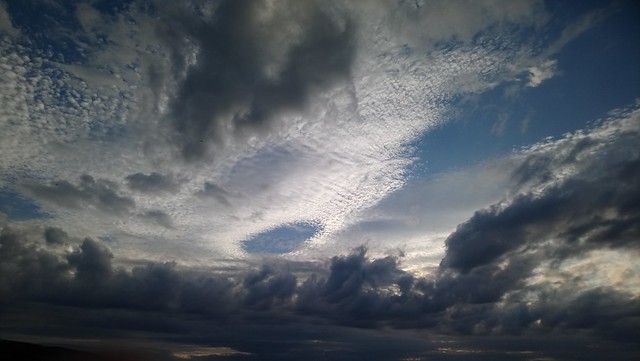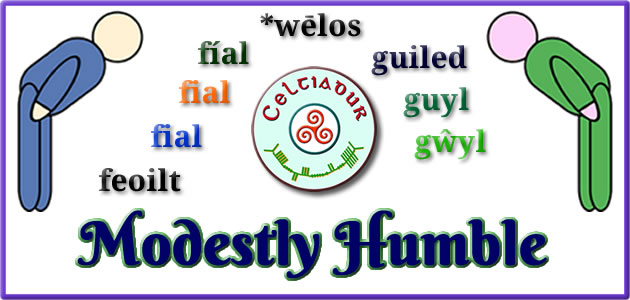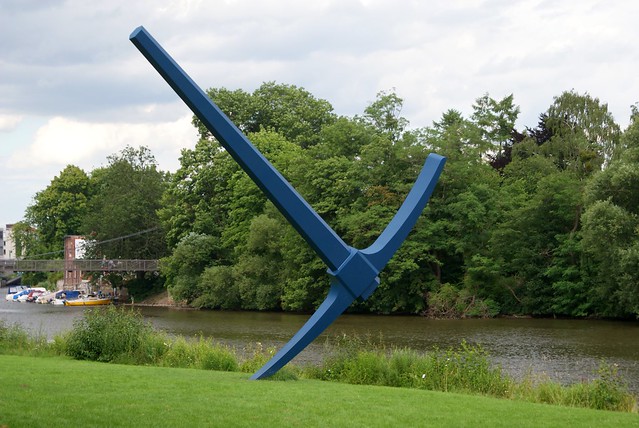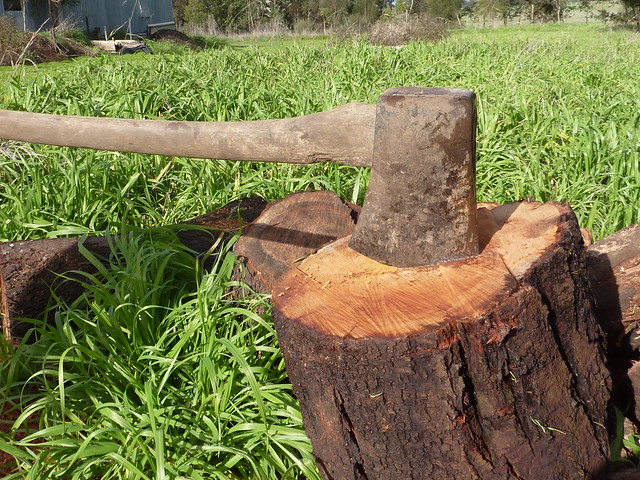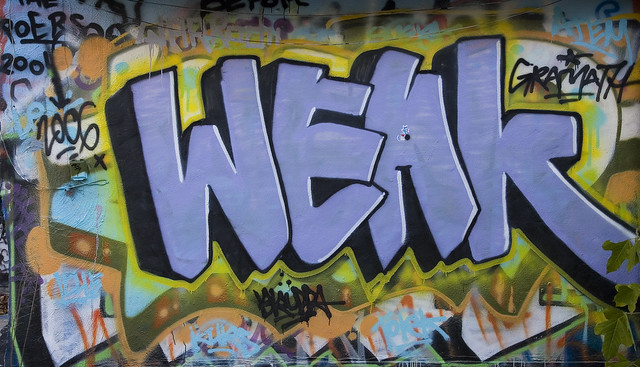Words for cauldron, kettle, pot and related things in Celtic languages.
Words marked with a * are reconstructions.
| Proto-Celtic | *kʷaryos = cauldron |
|---|---|
| Gaulish | *parios = cauldron |
| Old Irish (Goídelc) | coire [ˈkorʲe] = cauldron |
| Middle Irish (Gaoidhealg) | coire [ˈkorʲə] = cauldron, pot, whirlpool coirén = little pot |
| Irish (Gaeilge) | coire [ˈkɛɾʲə] = large pot, cauldron, boiler, corrie, cirque, amphitheatre, deep mountain hollow, pit, whirlpool coire bolcáin = volcanic crater |
| Scottish Gaelic (Gàidhlig) | coire [kɔrʲə] = kettle, corrie, cauldron coireag [kɔrʲag] = small kettle, small corrie, small cauldron |
| Manx (Gaelg) | coirrey = cauldron, boiler, pothole, hollow in hills, corrie, maelstrom, vent of volcano |
| Proto-Brythonic | *pėr = cauldron |
| Middle Welsh (Kymraec) | peyr, peir, pair = cauldron peireit, peried = cauldron(ful) |
| Welsh (Cymraeg) | pair [ˈpai̯r] = cauldron, large pot, boiler, melting-pot peiran = corrie, cwm, cirque (in geology) peir(i)aid = cauldron(ful) |
| Old Cornish | per = cauldron |
| Middle Cornish (Cernewec) | per = cauldron, kettle, boiler, furnace |
| Middle Breton (Brezonec) | per = cauldron |
| Breton (Brezhoneg) | per [ˈpeːr] = cauldron |
Etymology: from the Proto-Indo-European *kʷer- (to do, make, build). Words from the same roots include Britain, Brittany and karma in English, and words for time and shape in Celtic languages [source].
The city of Paris in France gets it name from Lutetia Parisiorum (Lutetia of the Parīsiī), a Gallo–Roman town that was established on the Left Bank of the Seine after the Romans conquered the local Gaulish tribe, the Parisioi, or Parīsiī in Latin, in 52 BC. The Gaulish name *Parisioi comes from Gaulish *parios (cauldron) [source].
| Old Welsh | calaur = cauldron, cooking pot, boiler, kettle |
|---|---|
| Middle Welsh (Kymraec) | kallaur, kallawr, callor, callawr = cauldron, cooking pot, boiler, kettle |
| Welsh (Cymraeg) | callor, callawr = cauldron, cooking pot, boiler, kettle calloriad = the fill or contents of a cauldron calloryn = a small cauldron, skillet, kettle |
| Middle Cornish (Cernewec) | caltor = kettle |
| Cornish (Kernewek) | kalter = kettle |
| Middle Breton (Brezonec) | cauter = boiler, cauldron, cooking pot |
| Breton (Brezhoneg) | kaoter [ˈko.tɛr] = boiler, cooking pot kaoteriad [kɔ.ˈtɛ.rjat] = contents of a pot, Cotriade /Brittany Fish Stew, fish that fishermen bring home for meals primgaoter [prim.ˈɡo.tɛr] = pressure cooker |
Etymology: from Latin caldāria (warm bath, kettle, cooking pot, cauldron, from caldārius (hot water), from cal(i)dus (warm, hot) [source]. The English word cauldron comes from the same roots, as do chowder, caldera and nonchalant [source].
Sources: Wiktionary, Am Faclair Beag, Online Manx Dictionary, Teanglann.ie, eDIL – Electronic Dictionary of the Irish Language, In Dúil Bélrai English – Old Irish glossary, Geiriadur Prifysgol Cymru, Gerlyver Kernewek, Lexicon Cornu-britannicum: A Dictionary of the Ancient Celtic Language of Cornwall, Dictionaire Favereau, TermOfis, Le dictionnaire diachronique du breton, Etymological Dictionary Of Proto Celtic


